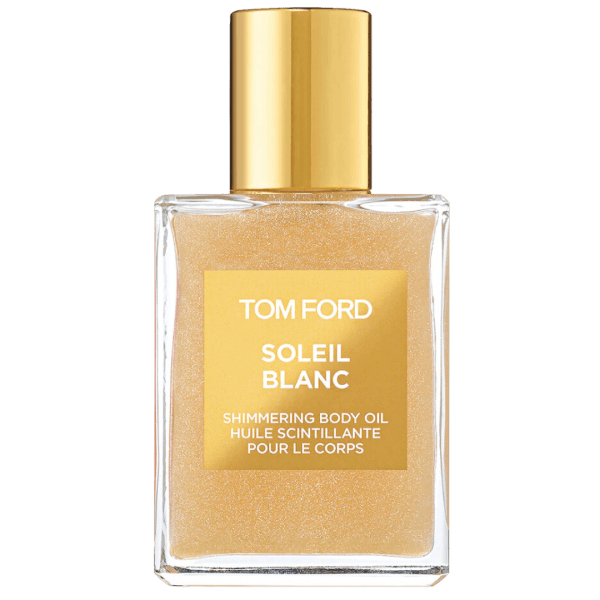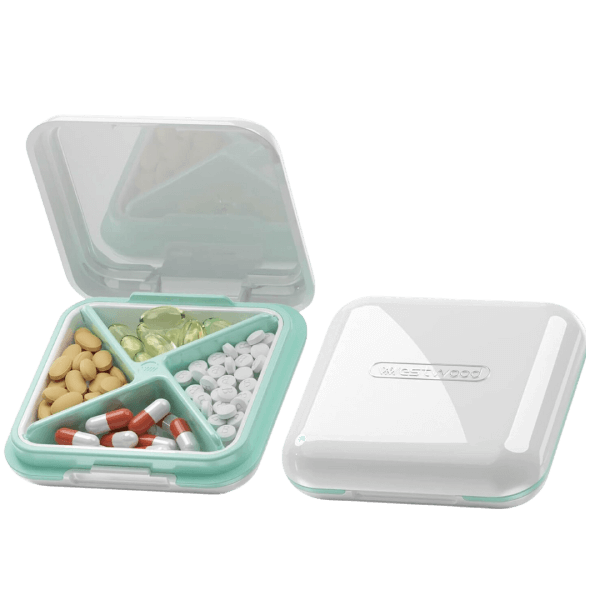Your heart is the most important organ in your body, and it’s essential that you take care of it. Eating the right foods can help prevent coronary artery disease and stroke. We’ve put together a list of five diet tips to help women keep their hearts healthy.

Fruits and Vegetables
Fruits and vegetables are packed full of vitamins, minerals, fiber, and antioxidants that can reduce inflammation in the body. Eating various fruits and veggies can help keep your heart healthy by reducing cholesterol levels, lowering blood pressure, and improving circulation. Aim to eat at least five servings of fruits or vegetables each day.
Berries such as blueberries, raspberries, blackberries, and strawberries are packed with antioxidants that help fight off free radicals in the body, which can cause damage over time if left unchecked. They are also low in calories yet high in fiber, making them an excellent choice for those trying to lose weight while still getting their daily dose of antioxidants.
Leafy greens such as spinach, kale, and collard greens are excellent sources of vitamins A, C, and K, as well as dietary fiber and iron. These nutrients help protect against inflammation, which can lead to heart disease if left unchecked. Aim for at least two daily servings to get the most benefit from these powerhouse vegetables!
Whole Grains
Whole grains are an excellent source of dietary fiber which helps lower cholesterol levels. Whole grains also provide important vitamins and minerals like magnesium which has been linked to better cardiovascular health. Try incorporating whole-grain bread, cereals, rice, quinoa, or oats into your diet as an alternative to refined grains like white bread or pasta.
Fish Rich in Omega-3 Fatty Acids
Omega-3 fatty acids have been linked to several health benefits, including improved heart health. Fish such as salmon, sardines, herring, mackerel, trout, and tuna are all excellent sources of omega-3 fatty acids. Try to incorporate fish into your diet at least twice a week for maximum benefits for your heart health.
Nuts & Seeds
Nuts and seeds are great sources of plant-based proteins and essential fats like omega-3 fatty acids, which benefit the heart by helping reduce inflammation in the body. Nuts and seeds also provide fiber which can help lower cholesterol levels in the body and improve digestion. Try adding nuts or seeds to salads or eating them as snacks throughout the day for an easy way to get more nutrition into your diet without any extra effort!
Healthy Fats
Healthy fats can protect against heart disease by lowering bad cholesterol while raising good cholesterol levels in the body. Healthy fats like olive oil, avocados, and coconut oil contain monounsaturated fat, which has been shown to reduce inflammation in the body while providing essential nutrients that can benefit overall health. Try swapping other saturated fats (like butter) with healthier options when cooking meals at home!
There you have it – five simple steps you can take today to ensure you’re taking good care of your heart! Eating nutritious foods rich in vitamins, minerals, fiber, and antioxidants will improve your cardiovascular health by reducing your risk for heart disease and boosting your energy levels throughout the day! So start making small changes today – swap refined grains for whole grains; add more fruits & veggies; eat fish high in omega-3 fatty acids; snack on nuts & seeds; cook with healthy fats – you’ll be amazed at how much better you’ll feel!
Foods For A Healthy Heart FAQs
Eating a healthy and balanced diet is essential to maintaining good heart health. Heart-healthy foods include those high in fiber, low in saturated fats and trans fat, and rich in antioxidants.
Fish: Eating fish at least twice a week benefits your cardiovascular health because of the omega-3 fatty acids. These omega-3 fatty acids help reduce the risk of stroke and other cardiovascular diseases. Sources of omega-3 fatty acids from fish include salmon, tuna, mackerel, herring, and sardines.
Nuts: Nuts such as almonds and walnuts possess monounsaturated fats, which help lower bad cholesterol (LDL) levels, thus preventing coronary artery disease, and strokes resulting from clogged arteries. They also provide vitamin E, which prevents damage to blood vessels caused by free radicals that lead to atherosclerosis(hardening & narrowing of blood vessels).
Whole Grains: Whole grain products are considered heart healthy because they contain complex carbohydrates rather than simple sugars found in processed, refined grains such as white bread, crackers, and snack foods.
These carbohydrates help boost HDL levels while reducing LDL levels, preventing plaque buildup on the inner wall of your arteries, known as atherosclerosis. Atherosclerosis prevents blood from flowing efficiently through our bodies, which can lead to a stroke or a heart attack.
A few whole grain sources include quinoa, brown rice, oats, barley & wheat germ, etc.
Oleic Acids: Olive oil contains oleic acid, which has anti-inflammatory properties that can reduce your risk for cardiovascular disease, lower blood pressure, and reduce insulin resistance.
Fruits/Vegetables: Fruits & veggies provide key nutrients that are easy on our heart by keeping LDL cholesterol under control while increasing good HDL cholesterol. These qualities reduce arterial blockages and significantly minimize chances for a major cardiovascular event later on in life. It’s observed that daily consumption of fresh oranges, apples or grapes offers added protection. These foods contain fiber and B Vitamins that keep pressure readings normal without any unhealthy side effects even after prolonged consumption periods.
How does eating a healthy diet reduce heart disease?
Eating a healthy diet is essential for lowering your risk of cardiovascular disease. Eating a variety of nutrient-rich foods, such as vegetables, fruits, whole grains, and lean protein sources—can decrease blood pressure by allowing blood to flow freely through your blood vessels. Furthermore, eating fish rich in Omega-3 fatty acids (like salmon) maintains blood vessel health by reducing inflammation that causes plaque buildup in the arteries around the heart.
In addition to replacing unhealthy food items with heart healthy food options, there are a few other dietary strategies that can also reduce your risk for heart disease:
Limit Salt Intake: Too much salt can raise blood pressure levels, putting extra strain on the cardiovascular system. For optimal health benefits, the American Heart Association recommends no more than 2,300 milligrams per day( 1 teaspoon)with an ideal limit of just 1,500 milligrams daily if you’re already at risk for high blood pressure or have been diagnosed with hypertension or prehypertension. You can lower blood pressure by limiting sodium-rich processed foods and seasoning meals with herbs to curb sodium intake.
Focus On Fiber: Studies show that individuals who consume higher amounts of dietary fiber have lower LDL cholesterol levels and reduced overall mortality rates due to coronary heart disease compared with those who consume less fiber(nuts, fruits, oatmeal, beans, and legumes). Fiber helps balance blood sugar levels by slowing its absorption into the bloodstream after meals. It’s also known to bind some fats from food, so they pass through without being digested!
Avoid Trans or Saturated Fats: Saturated fat is found in products like margarine and store-bought cookies, cake mixes, crackers, and fried foods. They are thought to increase bad cholesterol while decreasing good cholesterol and increasing overall chances for Atherothrombosis or blood clotting. This increases the risks of stroke and heart attack. You should avoid saturated fat intake by using plant-based oils instead when cooking. Nutritionists recommend Olive Oil, Coconut Oil, Canola Oil, Grapeseed Oil, Special blend Vegetable Oil, and Avocado Oil when cooking.
Eat More Plant Foods: Plant-based diets contain phytonutrients that act as antioxidants helping protect cells within our body. These may be vitamins, minerals, and pigments found only within plants such as dark leafy greens, cruciferous veggies, brightly colored bell peppers, fresh fruit, and potent herbs and spices like turmeric, cinnamon, ginger, etc. As part of preventive care, try incorporating more colorful plant-based dishes into your meals each week.
Overall substituting unhealthy processed packaged foods with nutrient-dense whole grain items, lean proteins, low-fat dairy products, healthy fats, nuts, seeds, and plenty of colorful fruits, veggies, herbs, and spices will give you all tools necessary to maintain a balanced, active lifestyle and reduce your risk of heart disease. Eating regularly balanced meals and physical activity are the best ways to prevent cardiovascular disease.














